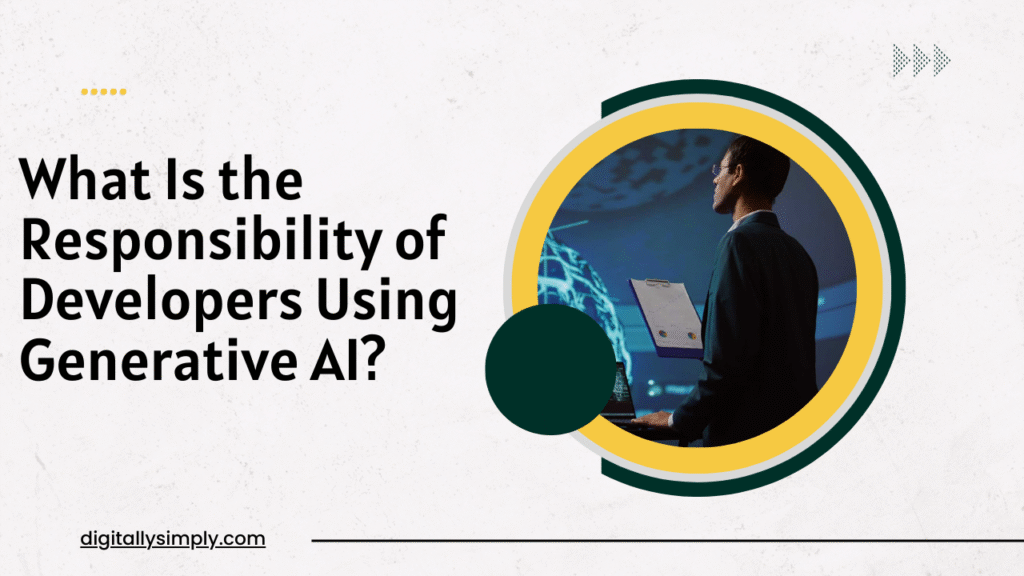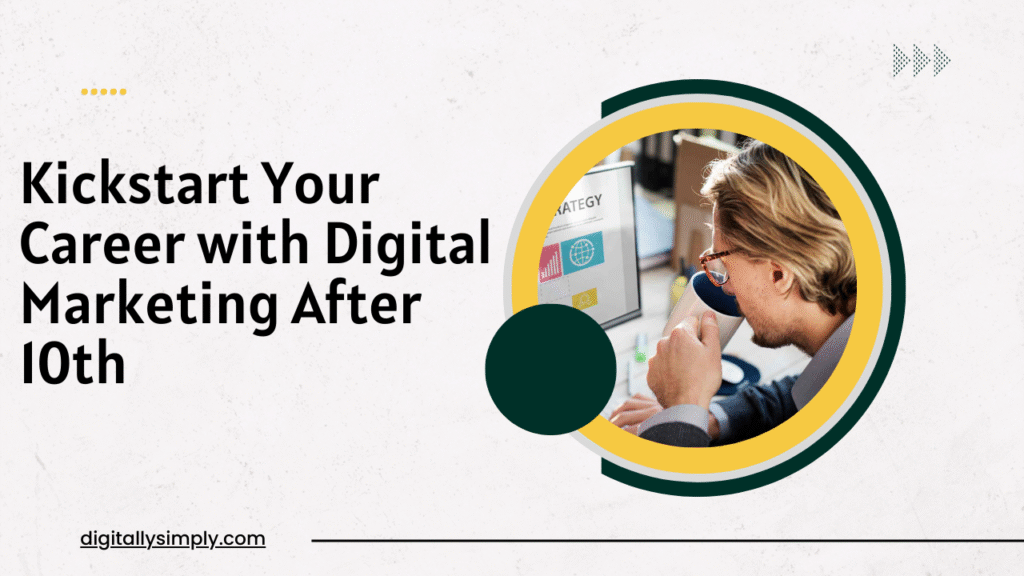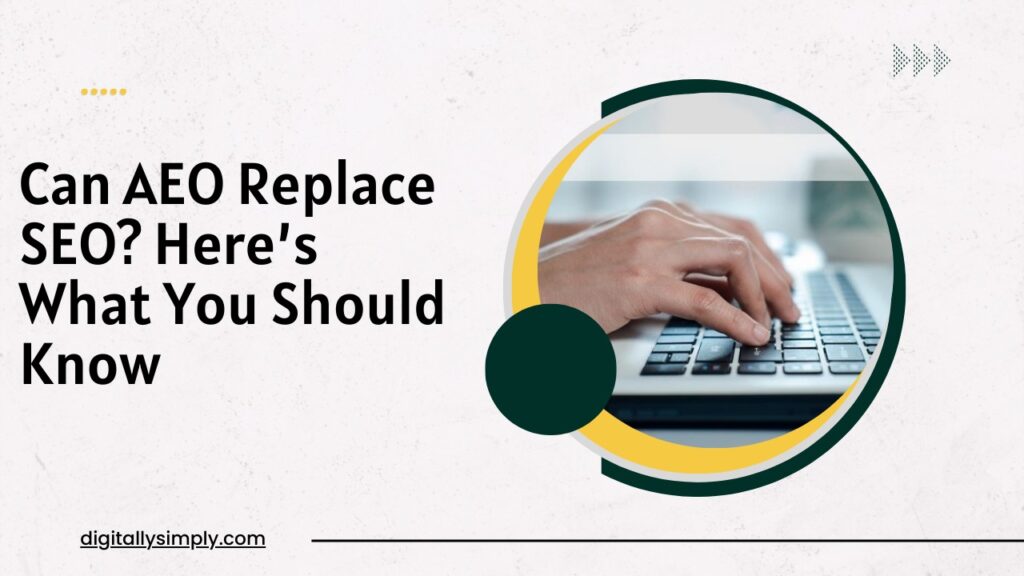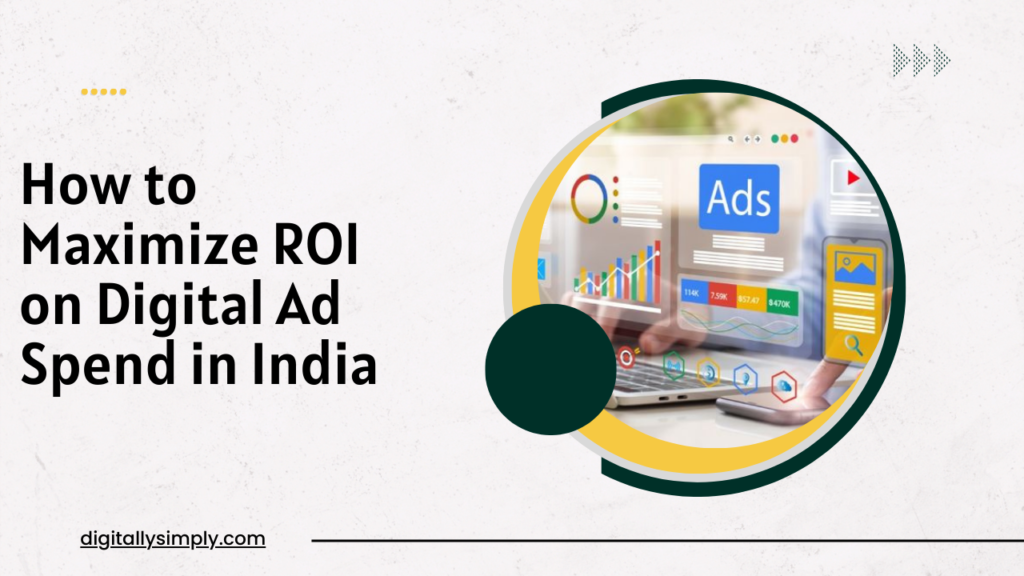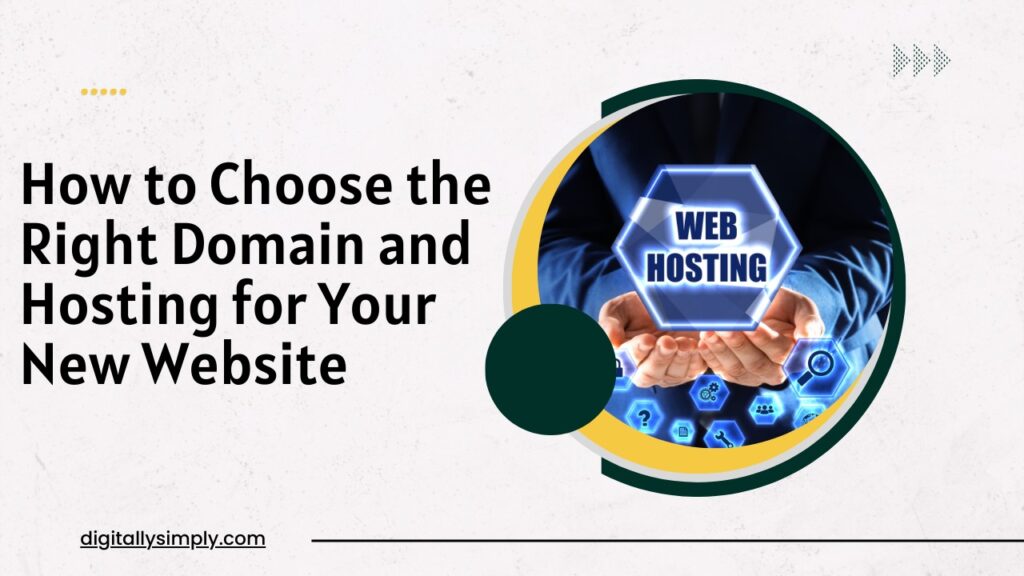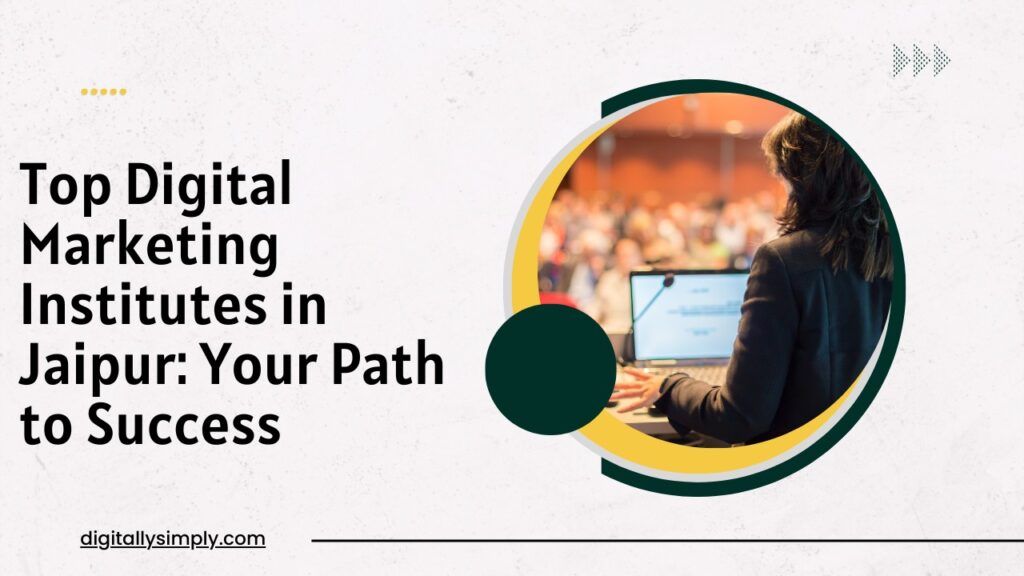In today’s digital age, the demand for skilled digital marketers has skyrocketed, making it crucial to acquire the right training and expertise. If you’re aiming for a successful career in this dynamic field, attending a reputable digital marketing institute is your first step. In Jaipur, Digitally Simply shines as a top-notch institution, offering comprehensive courses to prepare you for the world of digital marketing. 🚀 Why Choose a Digital Marketing Course in Jaipur? Jaipur, known for its rich culture and heritage, is also becoming a hub for education and career opportunities in digital marketing. With numerous businesses going online, the need for trained professionals has never been greater. Here’s why you should consider enrolling in a digital marketing course in Jaipur: 🌍 Growing Job Opportunities: With the rise of e-commerce and online businesses, the job market for digital marketers is expanding rapidly. A course from a recognized institute can boost your employability, opening doors to roles like: SEO Specialist Content Marketer Social Media Manager PPC Expert 🎯 Industry-Relevant Curriculum: Institutes like Digitally Simply offer programs designed by industry experts, ensuring you stay updated on the latest trends and tools for a thriving career in digital marketing. 🛠️ Hands-On Training: Many courses emphasize practical training, allowing you to work on real-world projects. This experience is invaluable and can boost your confidence in the job market. 🤝 Networking Opportunities: Studying at a digital marketing institute in Jaipur connects you with professionals and peers in the industry, paving the way for internships, job opportunities, and industry insights. 🎓 Best Course After B.Com and Graduation: If you’ve completed your B.Com or any degree, a digital marketing course is a great way to enhance your skills and increase job prospects. It adds value to your degree and provides practical skills in high demand. 💡 Overview of Digitally Simply Group of four south asian men’s posed at business meeting in cafe. Indians together and sign important documents. Contract to study and work. Digitally Simply is a leading digital marketing institute in Jaipur offering a range of courses tailored for aspiring marketers. Here’s what sets it apart: 📚 Comprehensive Curriculum: The courses cover all aspects of digital marketing, such as: SEO (Search Engine Optimization) Content Marketing Social Media Marketing AI & Automation Email Marketing PPC (Pay-Per-Click) Advertising Web Analytics Digital Marketing Strategy 👩🏫 Experienced Faculty: Learn from industry experts with extensive experience in digital marketing. Their insights and practical knowledge make your learning journey enriching. ⏰ Flexible Learning Options: Choose from part-time courses, weekend classes, or online training, allowing you to study at your pace while managing other commitments. 💼 Internship & Job Placement Assistance: Get job placement support through tie-ups with companies in Jaipur, along with internship opportunities to build valuable work experience. 📜 Certification: Receive a recognized certification upon completion, enhancing your credibility in the industry and boosting your job prospects. 🌟 Any Time Access: With Any Time Access, you have the freedom to revisit course materials whenever it works best for you. 📚 Whether it’s recorded lectures, downloadable resources, or interactive modules, you can learn at your own pace. ⏰ This flexibility allows you to keep refining your skills, even after completing the course, fitting perfectly into any schedule. 📅✨ 🔍 What to Expect from a Digital Marketing Course 📂 Build a Professional Portfolio: Showcase your skills to potential employers with a portfolio built from real projects during the course. 🌟 Success Stories from Digitally Simply ✨ Many students from Digitally Simply have secured positions in top companies in Jaipur and beyond. Some have even started their own digital marketing agencies! These success stories prove the effectiveness of the training and the supportive environment at Digitally Simply. 🎯 Ready to Start Your Digital Marketing Journey? If you’re serious about building a career in digital marketing, Digitally Simply in Jaipur is your gateway to success. With a comprehensive curriculum, experienced faculty, and strong industry connections, you’ll be fully equipped to thrive in this dynamic field. 👉 Seize the opportunity to improve your skills and secure a bright future in the digital landscape. Explore the offerings at Digitally Simply and take the first step towards a rewarding career in digital marketing today! 🔗 Enroll Now! Get a Free Consultation 📂 Build a Professional Portfolio: Showcase your skills to potential employers with a portfolio built from real projects during the course. 🌟 Success Stories from Digitally Simply ✨ Many students from Digitally Simply have secured positions in top companies in Jaipur and beyond. Some have even started their own digital marketing agencies! These success stories prove the effectiveness of the training and the supportive environment at Digitally Simply. 🎯 Ready to Start Your Digital Marketing Journey? If you’re serious about building a career in digital marketing, Digitally Simply in Jaipur is your gateway to success. With a comprehensive curriculum, experienced faculty, and strong industry connections, you’ll be fully equipped to thrive in this dynamic field. 👉 Seize the opportunity to improve your skills and secure a bright future in the digital landscape. Explore the offerings at Digitally Simply and take the first step towards a rewarding career in digital marketing today! 🔗 Enroll Now! Get a Free Consultation 🛠️ In-Depth Knowledge of Digital Marketing Tools: Master popular tools like Google Analytics, Google Ads, SEMrush, and more, essential for a successful career. 💡 Project-Based Learning: Apply your knowledge to real-world scenarios, gaining practical experience that prepares you for the future. 🧠 Understanding Consumer Behavior: Learn to analyze target audiences, create buyer personas, and develop strategies that resonate with them. 📂 Build a Professional Portfolio: Showcase your skills to potential employers with a portfolio built from real projects during the course. 🌟 Success Stories from Digitally Simply ✨ Many students from Digitally Simply have secured positions in top companies in Jaipur and beyond. Some have even started their own digital marketing agencies! These success stories prove the effectiveness of the training and the supportive environment at Digitally Simply. 🎯 Ready to Start Your Digital Marketing Journey?

